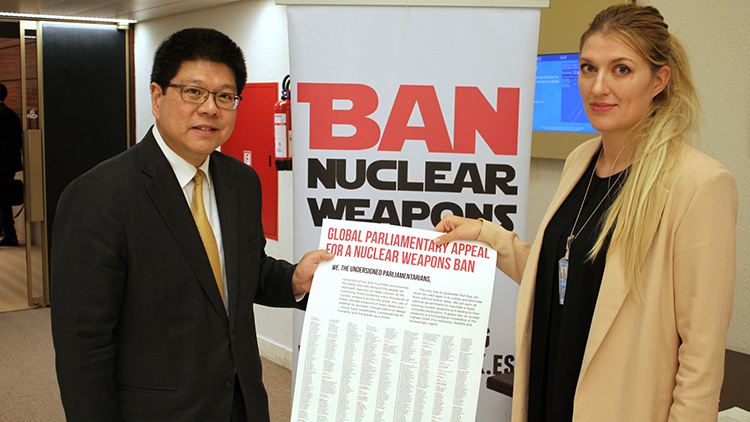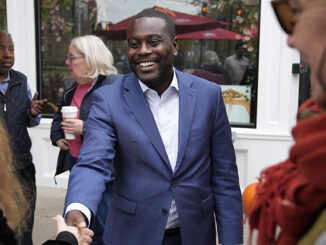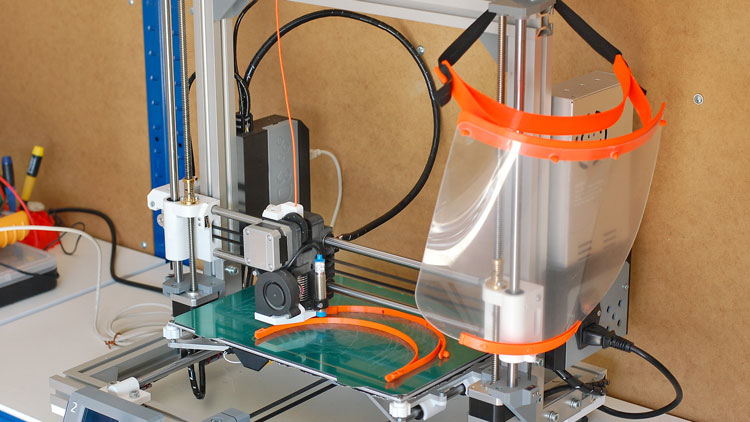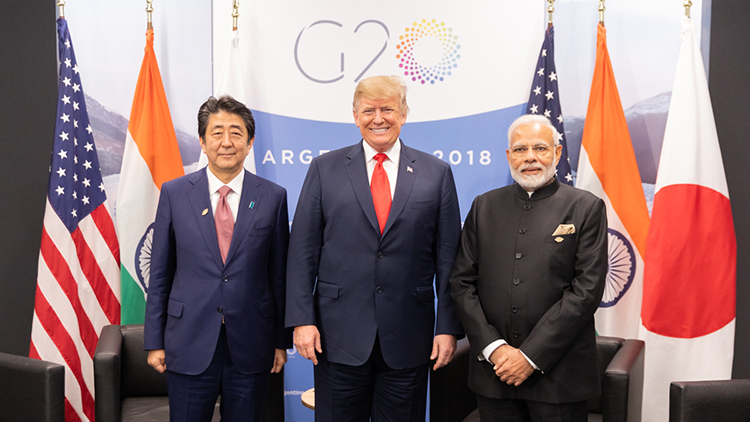
Wouldn’t it be great if there was an award for people who work for peace won the same way there are awards for athletes who win championships? There is! It’s called the Nobel Peace Prize. On December 10, there will be a banquet to present this year’s winner with the award.
The Nobel Prizes were started by a wealthy Swedish inventor named Alfred Nobel. Nobel invented the explosive, dynamite. He did not want to be remembered only for something that could be used as a weapon. In his will, he said that his money should go to funding prizes for people that have done great work for humanity. Each year the individual or organization who does the most for the cause of peace wins the Nobel Peace Prize.
Past winners of the Nobel Peace Prize include Theodore Roosevelt, Mother Theresa, Malala Yousafzai, Martin Luther King Jr. and the International Committee of the Red Cross. This year’s winner is the International Committee to Abolish Nuclear Weapons (ICAN).
ICAN is a group that is working to abolish [get rid of entirely] nuclear weapons. Nuclear weapons are the most powerful kind of bomb there is. They can destroy whole cities. ICAN has members in 101 different countries. They have demonstrated [spoken out publicly] against nuclear weapons and convinced many countries to sign treaties [official agreements] saying they will not build nuclear weapons or they will work on getting rid of their nuclear weapons.
North Korea has been trying to build its own nuclear weapons. In response, the United States has warned North Korea that they will use force to stop this from happening. These actions have made working against nuclear weapons more important than ever.
What Do You Think? Imagine your goal is to win the Nobel Peace Prize one day. What would you do to achieve this?
Photo Credit: Tim Wright/ICAN



